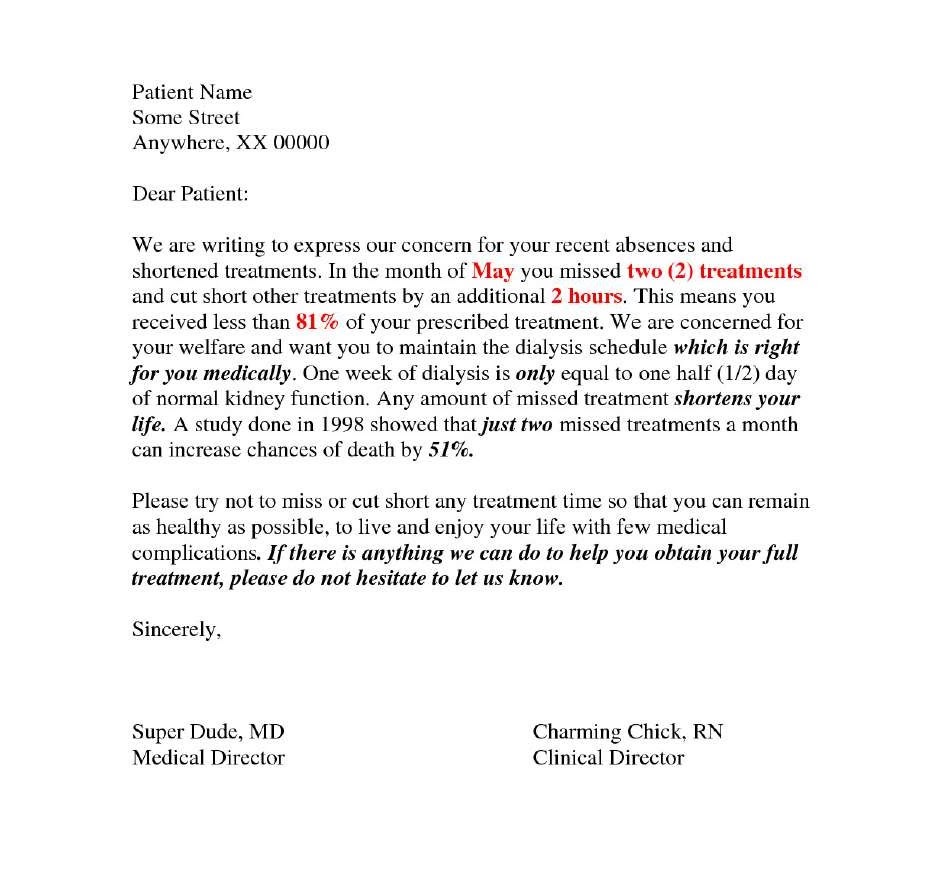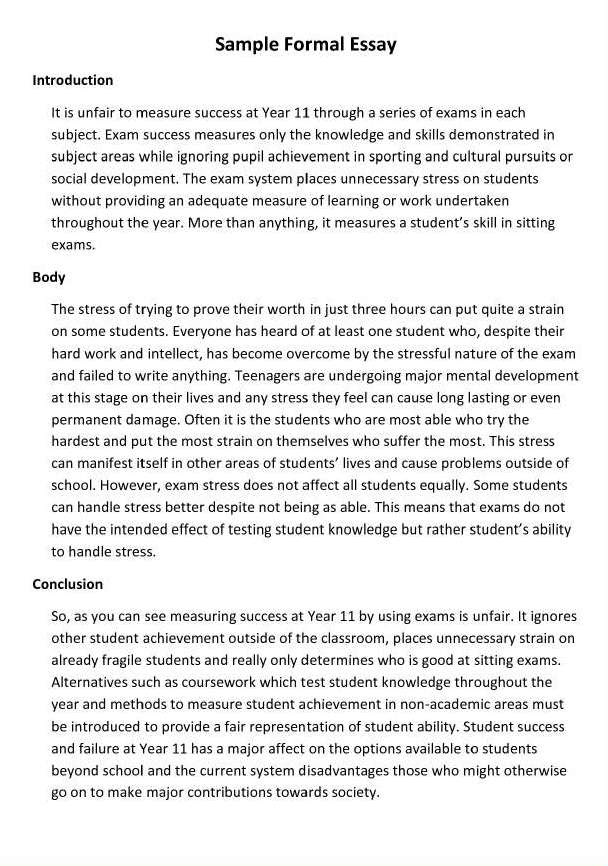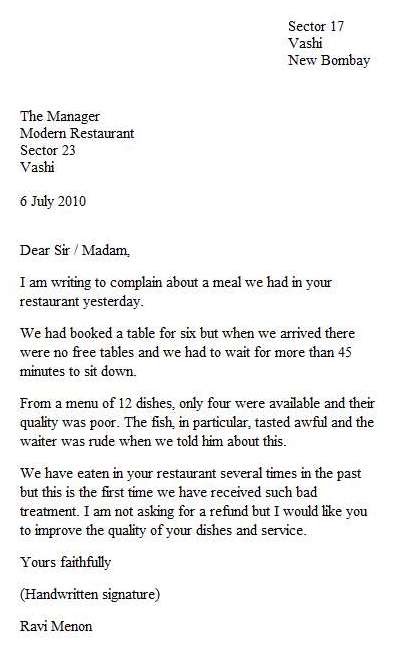Formal writing can be a challenge, as we need to choose our words carefully.
If you’re struggling with this, you’re not alone.
Many people struggle with it.
This guide will teach all you need to know about it and help you achieve your targets.
Disclosure: These reviews are reader-supported. We might earn a small commission if you purchase something through our site. Learn more
Make Writing Fun Again
Set and forget your writing conventions by running Grammarly in the background. Save 20% with our exclusive link.
Grammarly Premium Walkthrough Video
Grammarly Best All-Around
PROS
- 86% out of 86% accuracy
- 16+ billion database
- 150k+ word limit
- 5 devlice limit
- Includes plagiarism
- 1-hour response
CONS
- Only supports English
- Expensive without our link
What is Formal Writing?
It’s a way of writing used for academic, business, and legal purposes. It requires a professional tone and directly addressing the subject without emotional components.
The ability to write formally is important because it might help you land a place in college, get a new job, or make a business deal.
The writers in our very own content marketing agency use it on a daily basis while dealing with our clients and fulfilling their requests.
Why Does Formal Writing Matter?
Formal writing reflects on the writer, as each word and sentence should be presenting information in a clear way. An expertly-written formal piece is relevant and easy to understand, and it should provoke further conversation that will get you closer to your goal.
Formal writing matters because academic writing is based on it, and if you use a formal tone, it will bring your thesis to a whole new level.

In the first example, an email sent by a doctor to a patient, note the serious tone of the message supported by facts. Also, you will notice that even though the situation is alarming, the medical staff is encouraging the patient to get their treatment in a professional tone rather than a scolding one. The last sentence is emphasized as it’s essential to get the patient to respond.
Moving on, the second example of formal writing isn’t aimed at a single person. It’s a college essay where the author is expressing facts without any personal opinion. The goal is to reach the highest possible level of objectivity while keeping the sentences short and easy to understand.

The introduction and conclusion shouldn’t have more than three or four sentences, but you’ll also notice that they are long, which is perfectly fine.
Finally, another formal letter addressed to a single person. This is the perfect example of straight to the point where the customer is writing about his bad experience at the restaurant. He states facts that could easily be confirmed (like the booking time).
Also, notice the use of “Dear Sir / Madam“ at the beginning, which means that the customer doesn’t know who the manager is. It’s always nice to address a person by name, although you should never assume.

Formal Writing Use Cases
Formal writing is primarily used as a way of business communication and for writing essays. It serves as an official communication between parties and can be considered classified.
Formal business emails are usually short and contain only the necessary information that may lead to further discussions via phone or in person. Business emails are considered extremely important and should be answered as soon as possible. That way, you are sending the message that you are paying attention.
Researchers need to use formal writing in a different way when they present the results of research. If you want it to be available to everyone, for instance, it becomes extremely important to use a narrative that will be easy to understand.
In this case, the best approach is to display facts and give explanations, while staying objective throughout. Formal writing is never used to express personal opinions, even when it’s for a limited circle of people that you may know well.
Formal writing is necessary when applying for a college or job, and in that case, you do need to talk about yourself! While it may look hard to stay objective, the best approach is to write about your previous experiences that can be verified.
When applying for a job, it is important to ponder over every word. Plus, always assume there are tens or hundreds of other candidates, and no one has the time to read long letters.
It sounds subtle. But just like the experts from our MasterClass review can attest, it’s the details that make all the difference!
How to Do Formal Writing: The Rules to Follow
As we’ve learned, formal writing needs to be used in a different way for different situations. Still, there are universal rules, ones which have to be followed in order to be successful when attempting to use a formal writing style.
Start strong and be literal
Avoid long introductions and metaphors or euphemisms. They will only weaken the point of your writing and will make your paper harder to understand.
Using long sentences in formal writing is encouraged
If used the right way, longer sentences help convey the message. You don’t need to skip any details, as long as they are proven to be true. Most writing apps on the market will help you keep an eye on longer, complex sentences vs. more simple ones.
Use sophisticated language
That doesn’t mean that you should always choose complicated and rarely used words, but use formal terms whenever possible.
Slang should be skipped unless you are writing a piece about slang, of course.
Using colloquial expressions, informal writing, and not using your full vocabulary can all be detrimental in your efforts to create something like an essay or a business letter.
Use the active voice, as it makes your statements stronger
An odd passive sentence probably won’t hurt you, but try to avoid them.
Running your content through a simple tool like Grammarly will help you instantly catch and fix these mistakes.
Use your vocabulary
Making your formal writing unique is all about you constructing every sentence alone. Practice makes perfect, and even your first effort will sound better than relaying clichés.
Remember to use formal English, use the right verbs when constructing a sentence, and try to branch out a little bit. Some might say that scholarly writing is all about using the best of your vocabulary to create a piece that will make an academic’s jaw drop.
Formal Writing FAQs
What are the formal words?
Formal words are used in business communications or when writing letters to institutions such are schools. They have the same meaning as informal words, so instead of saying “set up” you would use “establish,” “discover” vs. “find out,” and so on.
How to know if writing is formal or informal?
Formal writing is impersonal and used for professional communications or knowledge sharing. It addresses important information. We use informal language with our friends and family. Informal emails don’t have many rules, unlike formal writing, and you can state your opinion and use a common language.
What is the difference between formal and informal sentences?
You can say the same thing formally or informally. “That book cost me like ten bucks” has the same meaning as “The price of the book was 10 dollars, which eased my decision to buy it.“ Using formal speech is a good idea when you want to show respect to someone.
What should be avoided in formal writing?
The most important thing is not to sound personal, so don’t use “I,” “we,” “me,” or “us.”
Don’t address your readers directly.
Avoid abbreviations. Use the full “television” for “TV.”
Avoid contractions such as “don’t” or “wouldn’t.”
Try to use longer sentences, which acknowledge the intellectual capabilities of the readers.
Conclusion
Formal writing is a complex subject, but hopefully, this article has helped you learn the basic principles. Practice makes perfect, so writing more formal emails or essays will help you improve dramatically. Be encouraged to form your personal style instead of copying the examples mentioned.
Finally, don’t be scared of making mistakes. If you are following the fundamental rules, no one will be hard on you if you use a couple of informal words or a passive voice in a sentence or two! Remember that informality, clichés, and slang can all ruin what should have been a high quality piece of formal writing.



